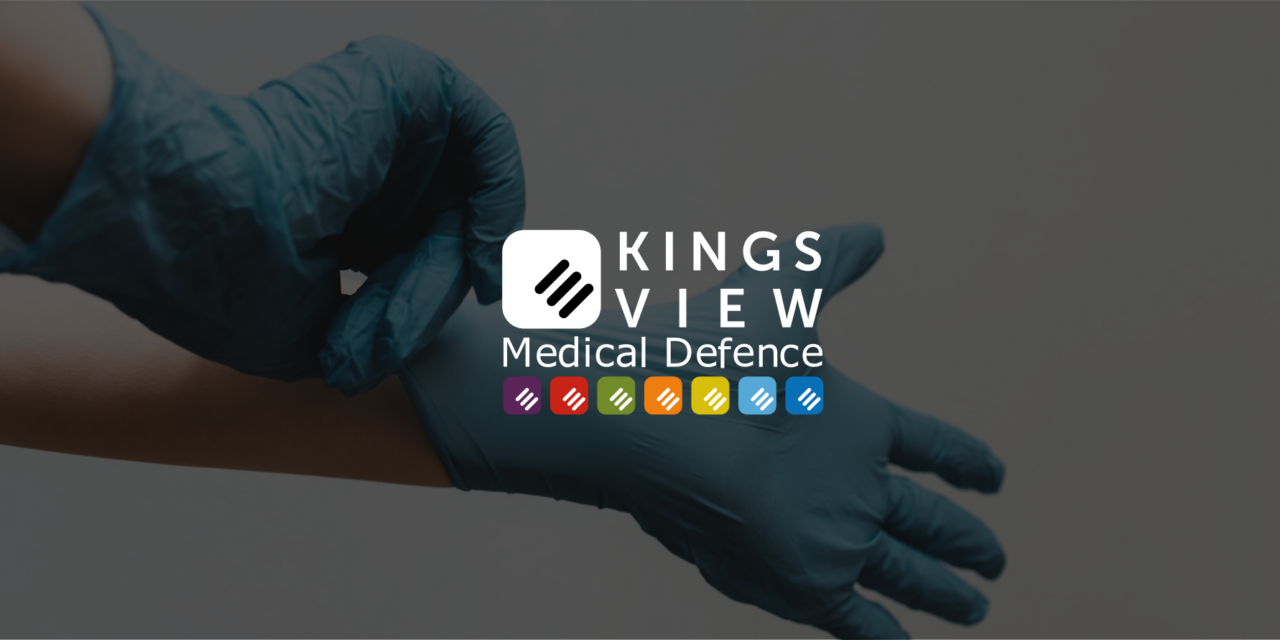Interim orders are a crucial regulatory tool used early in fitness to practise investigations but with potentially significant impacts on healthcare professionals’ practice, careers, and personal well-being.
Interim Orders in Professional Regulation: Balancing Safety and Humanity
Interim orders are a regulatory tool used during the early stages of a fitness to practise investigation. For healthcare professionals, being subject to an interim order can be a challenging experience, not only because it impacts day-to-day practice but also due to the personal and professional implications it carries.
What Are Interim Orders?
Interim orders are precautionary measures imposed by regulatory bodies to temporarily restrict a healthcare professional’s ability to practise while concerns about fitness to practise are being investigated. These measures are not punitive in nature, but are preventative, aiming to protect patients and maintain public confidence in the healthcare system. They can range from complete suspension of clinical practise to conditional limitations that allow professionals to work under strict oversight.
How Interim Orders Are Used in Professional Regulation
Regulatory bodies impose interim orders when there is sufficient initial evidence or risk suggesting that a healthcare professional’s continued independent practice might endanger patient safety or compromise the integrity of the profession. This decision is typically reached after a focused, expedited hearing, where the evidence at hand is carefully assessed. The use of interim orders demonstrates a commitment to public protection, ensuring that measures remain in place only as long as they are necessary.
While the primary objective is safeguarding public interest, regulatory frameworks also emphasize fairness. Recognizing that the investigations underlying interim orders may evolve, regulators have built-in mechanisms for review and appeal. These pathways provide healthcare professionals with the opportunity to contest the orders or request modifications if new evidence or mitigating circumstances emerge.
The Human Implications of Interim Orders
For healthcare professionals, the imposition of an interim order can be both disruptive and deeply personal. The impact extends beyond immediate clinical restrictions:
- Professional Impact: Interim orders can restrict a practitioner’s ability to work, halting or reducing patient contact and affecting clinical decision-making. Over time, this limited practise might hinder professional growth, reduce opportunities for learning, and alter perceptions among peers and employers.
- Financial Consequences: A restriction on practise directly influences income streams. Whether it’s a full halt or a constrained practise model, the resulting financial strain can be significant, particularly if the investigation—and any subsequent processes—extends over an extended period – which it invariably always does, in many cases lasting years not months.
- Reputational Damage: The very act of imposing an interim order can signal to both colleagues and patients that something may be amiss. Even if a practitioner is ultimately exonerated or allowed to resume full duties, the period during which the order is in place can leave a lasting impression on professional reputations. This stigma, whether justified or not, can affect career progression and trust within the community.
- Emotional and Psychological Toll: Beyond the tangible professional and financial implications lies a more nuanced personal impact. The stress, anxiety, and potential isolation that can result from public regulatory scrutiny are real challenges. Healthcare professionals often find themselves not only defending their competence, but also grappling with the broader emotional ramifications of these regulatory processes.
Paths to Review and Appeal
Recognising the potentially profound impact of interim orders, regulatory bodies offer clear avenues for review and appeal to maintain a balance between public safety and individual rights.
Review
A healthcare professional has the right to request an early or interim review of an imposed order at any point during the investigation. This mechanism is particularly beneficial if circumstances have changed or new evidence emerges that could mitigate the original concerns. The review process is designed to ensure that the restrictions remain both necessary and proportionate to the ongoing level of risk. It is a dynamic process that acknowledges that the situation on the ground can change as more information is uncovered.
Appeal
In addition to a review, the decision to impose an interim order is subject to appeal. Typically, appeals are directed to a higher judicial authority, such as the High Court in England and Wales or the Court of Session in Scotland. Through the appeal process, professionals have the opportunity to contest the rationale behind the order, present additional evidence, and argue for a reconsideration of the initially imposed measures. This ensures that the decision-making process remains transparent and just, safeguarding the rights of the professional while upholding the overarching duty to protect patient safety.
When things go wrong, we are here when you need us
Kings View Chambers has over 30 years’ combined experience representing heath and care professionals at all levels. We are a leading fitness to practise defence chambers that have a proud record of consistently achieving excellent outcomes for our clients.
Kings View Chambers are rated excellent by its clients. As public access barristers, you can instruct us directly without having the additional expense of hiring a solicitor.
It is a well-established fact that healthcare professionals who seek legal advice and representation at an early stage in any fitness to practise process, generally, receive better outcomes and lesser sanctions, if any. We can advise on the right strategy to take and represent you before a fitness to practise hearing.
Speak to me today for a free, no obligation assessment of your case.
Disclaimer: The accuracy and information of news stories published on this website is accurate on the date of publishing. We endeavour to update stories if information change. You can contact us with change and update requests. Where possible, we will link to sources. Content on this website is for guidance purposes only. We cannot accept any responsibility or liability whatsoever for any action taken, or not taken. You should seek the appropriate legal advice having regard to your own particular circumstances.

Restoration Courses
Courses suitable for any health and social care practitioner who is considering making an application for restoration back onto the register.

Insight & Remediation
Courses that are suitable for any healthcare practitioner who is facing an investigation or hearing at work or before their regulatory body.

Probity, Ethics & Professionalism
Courses designed for those facing a complaint involving in part or in whole honesty, integrity and /or professionalism.







Recent Comments